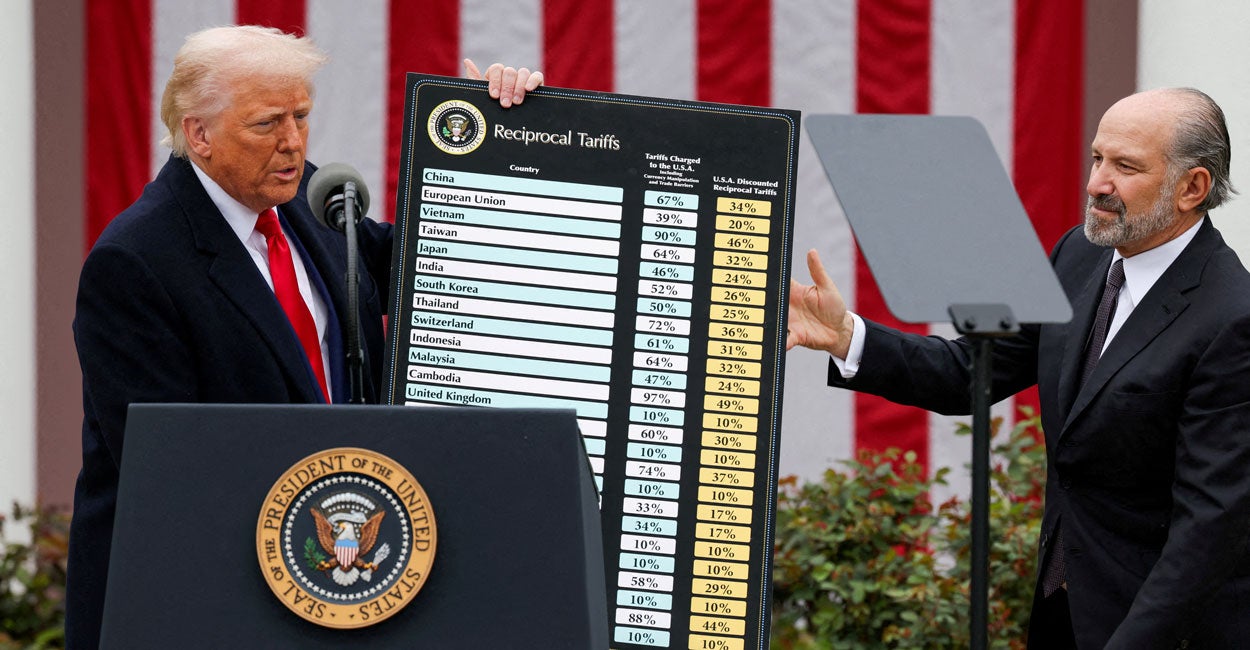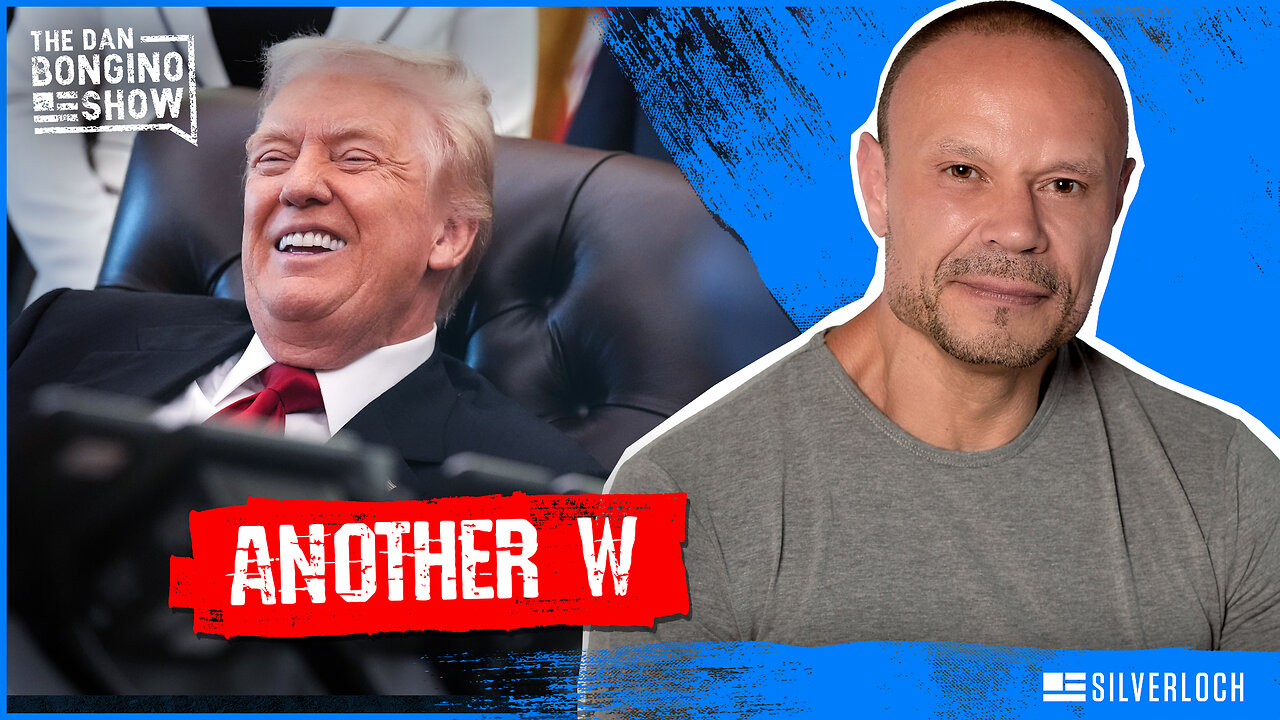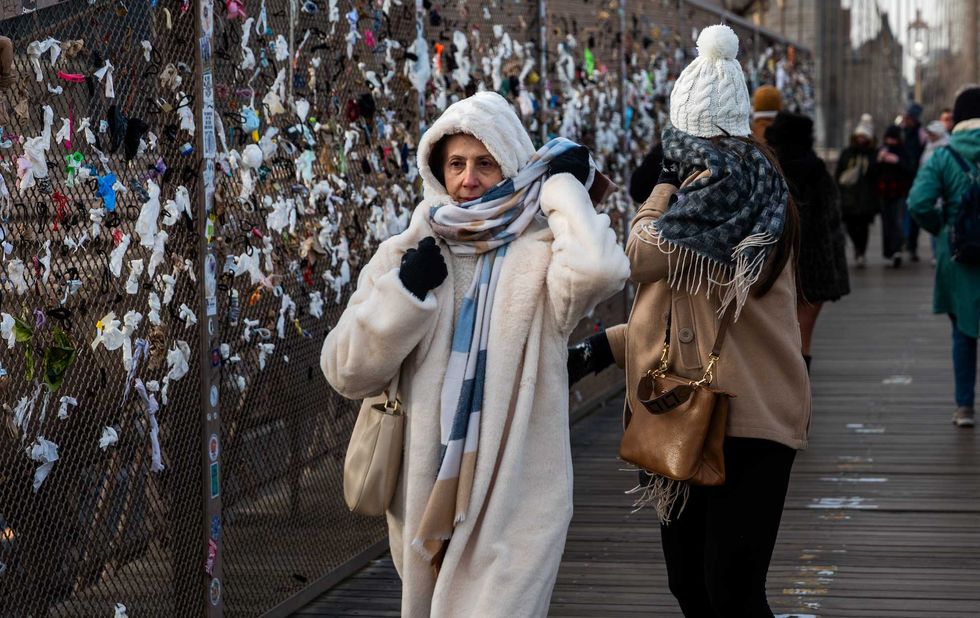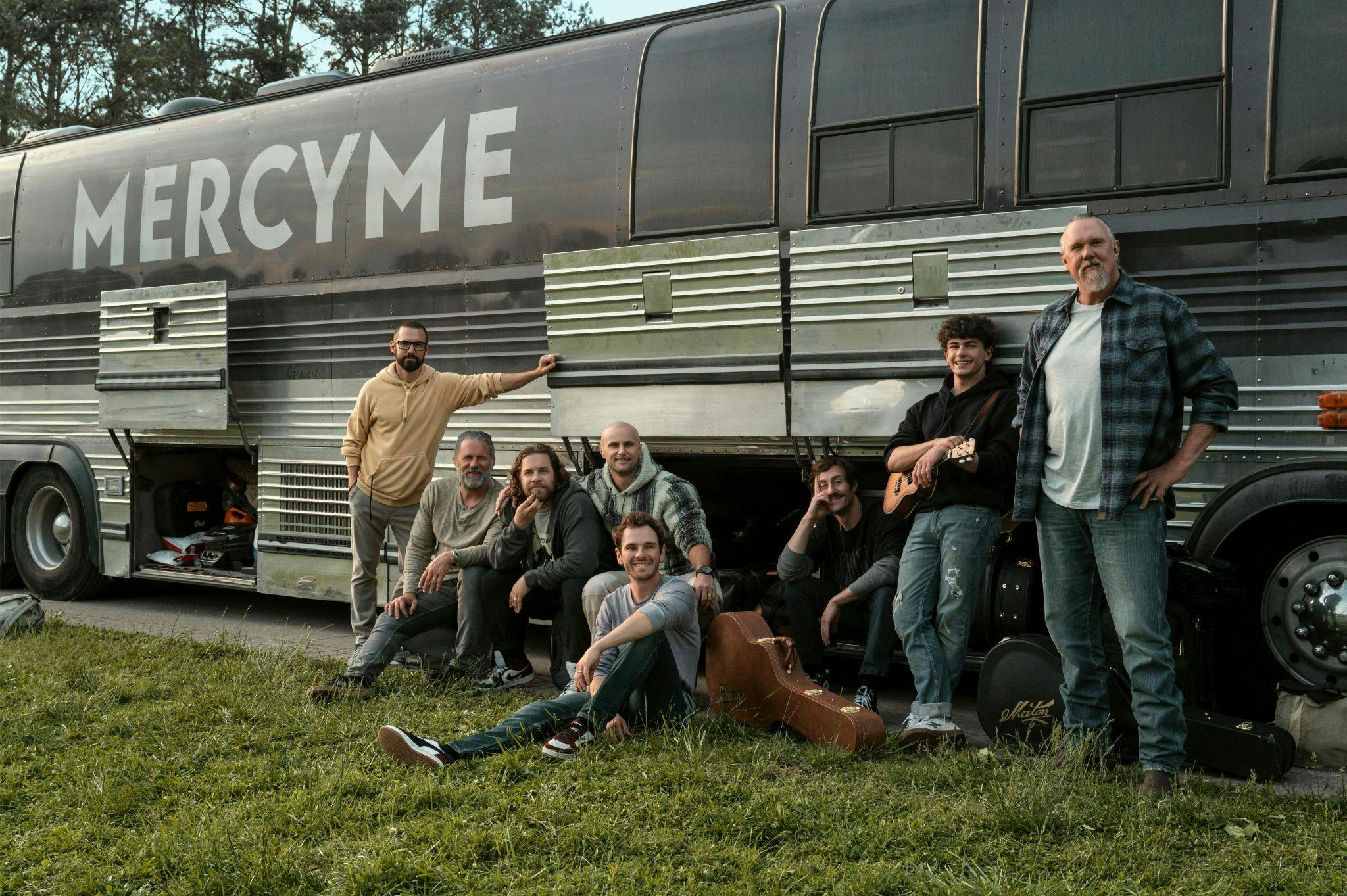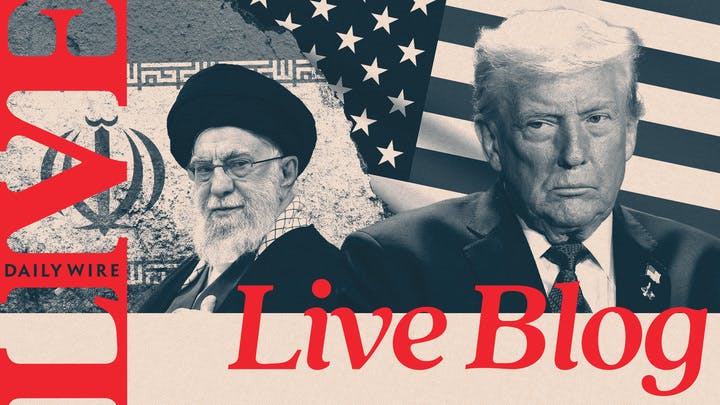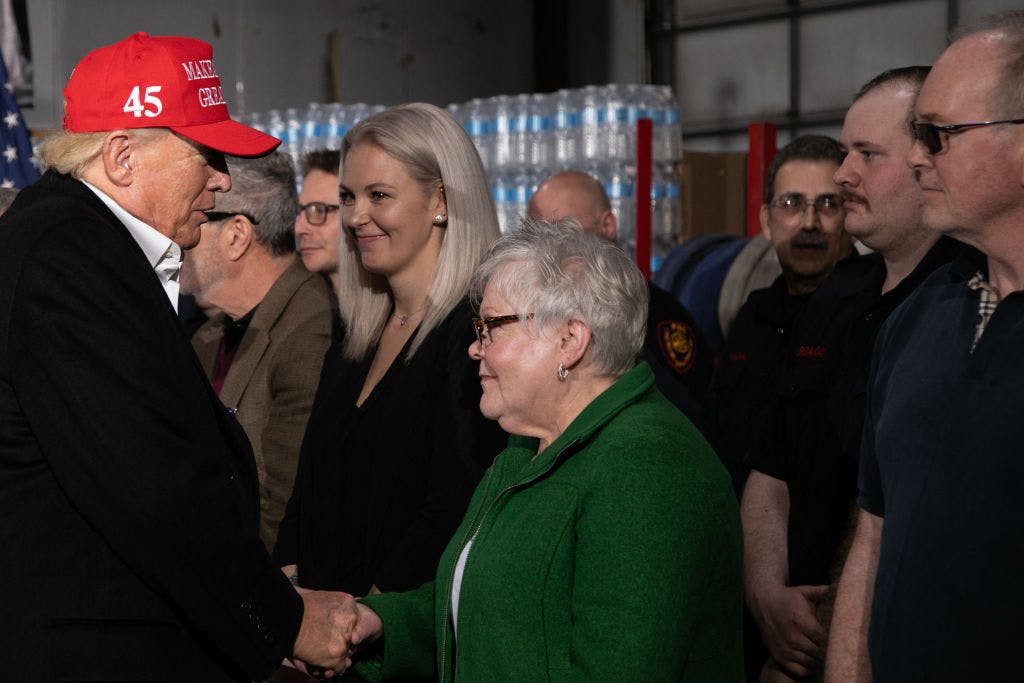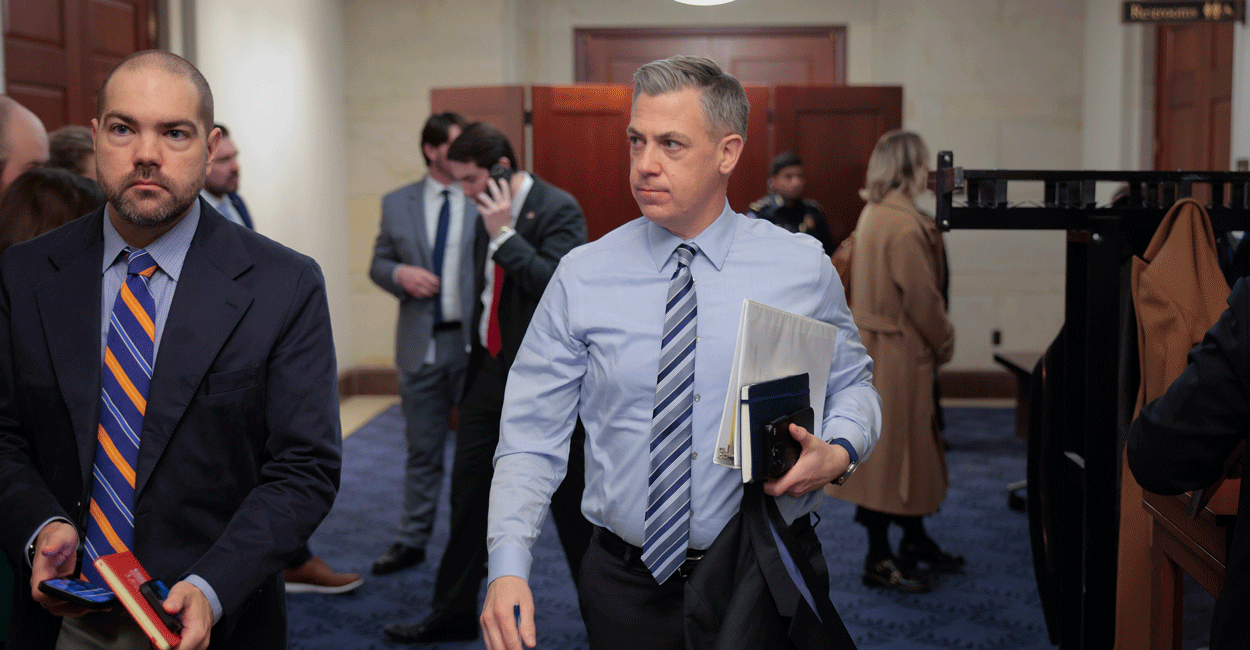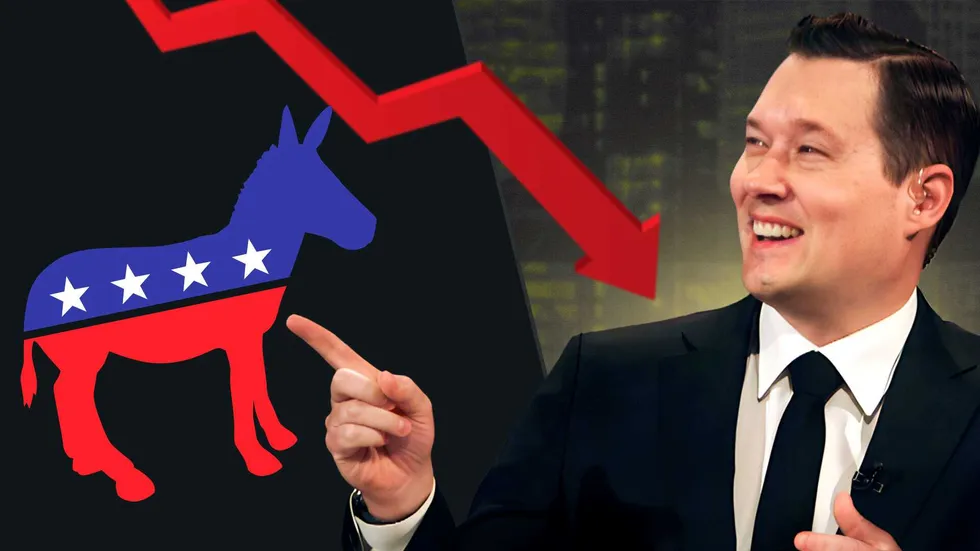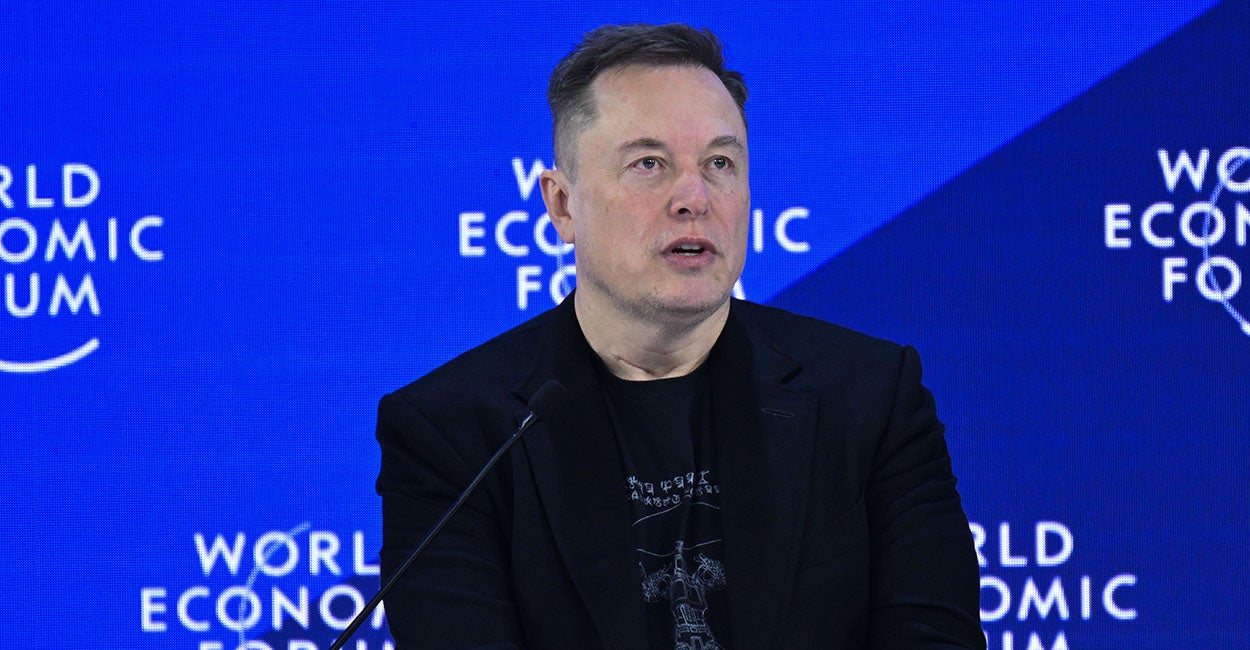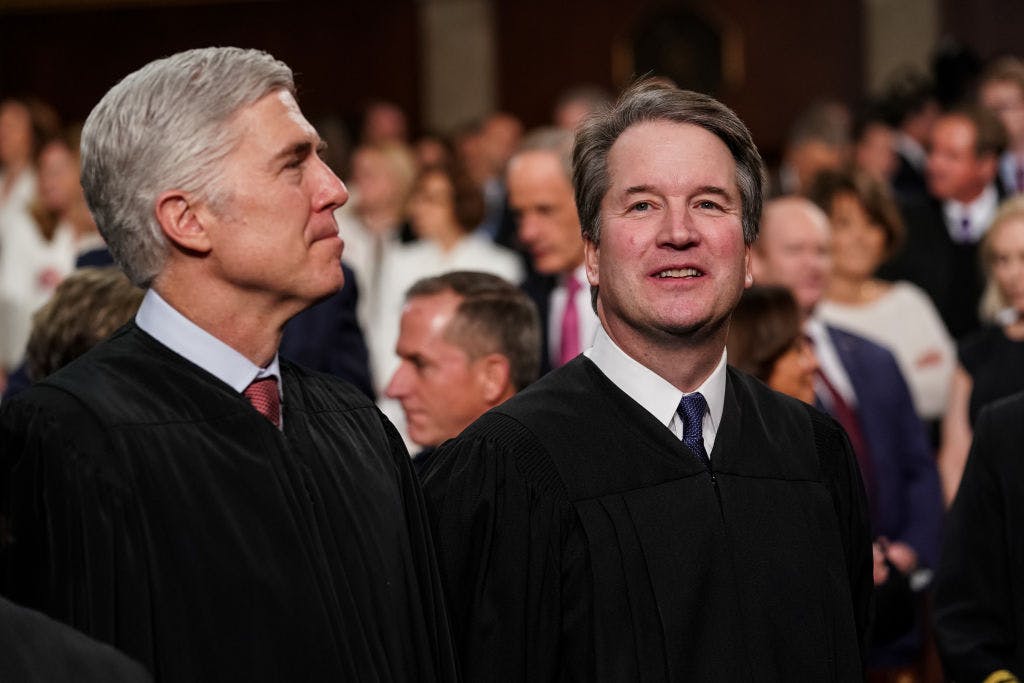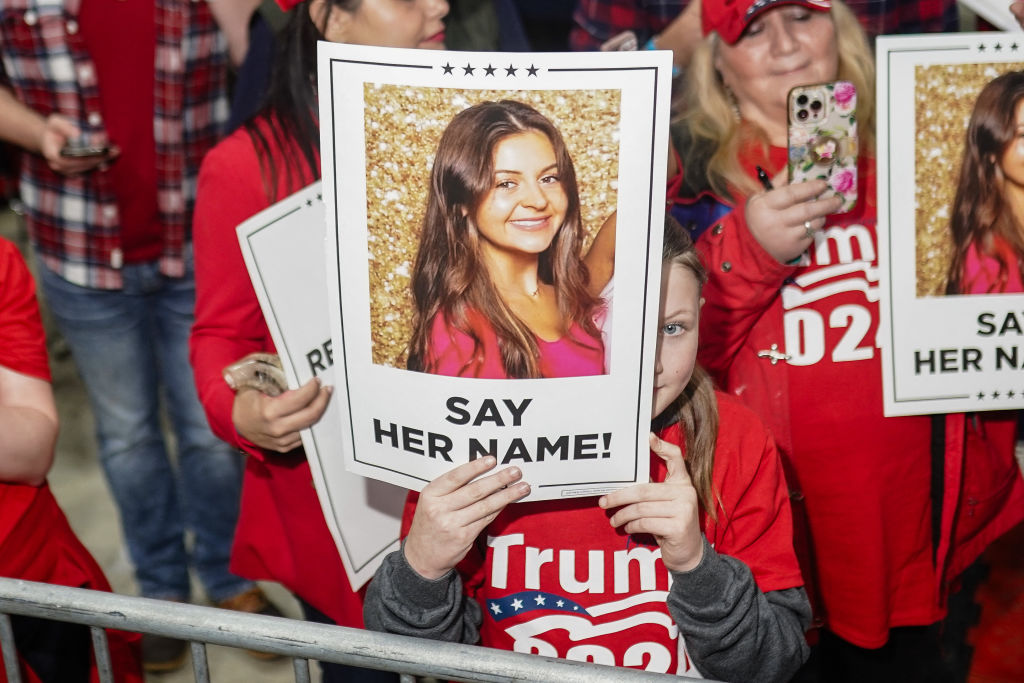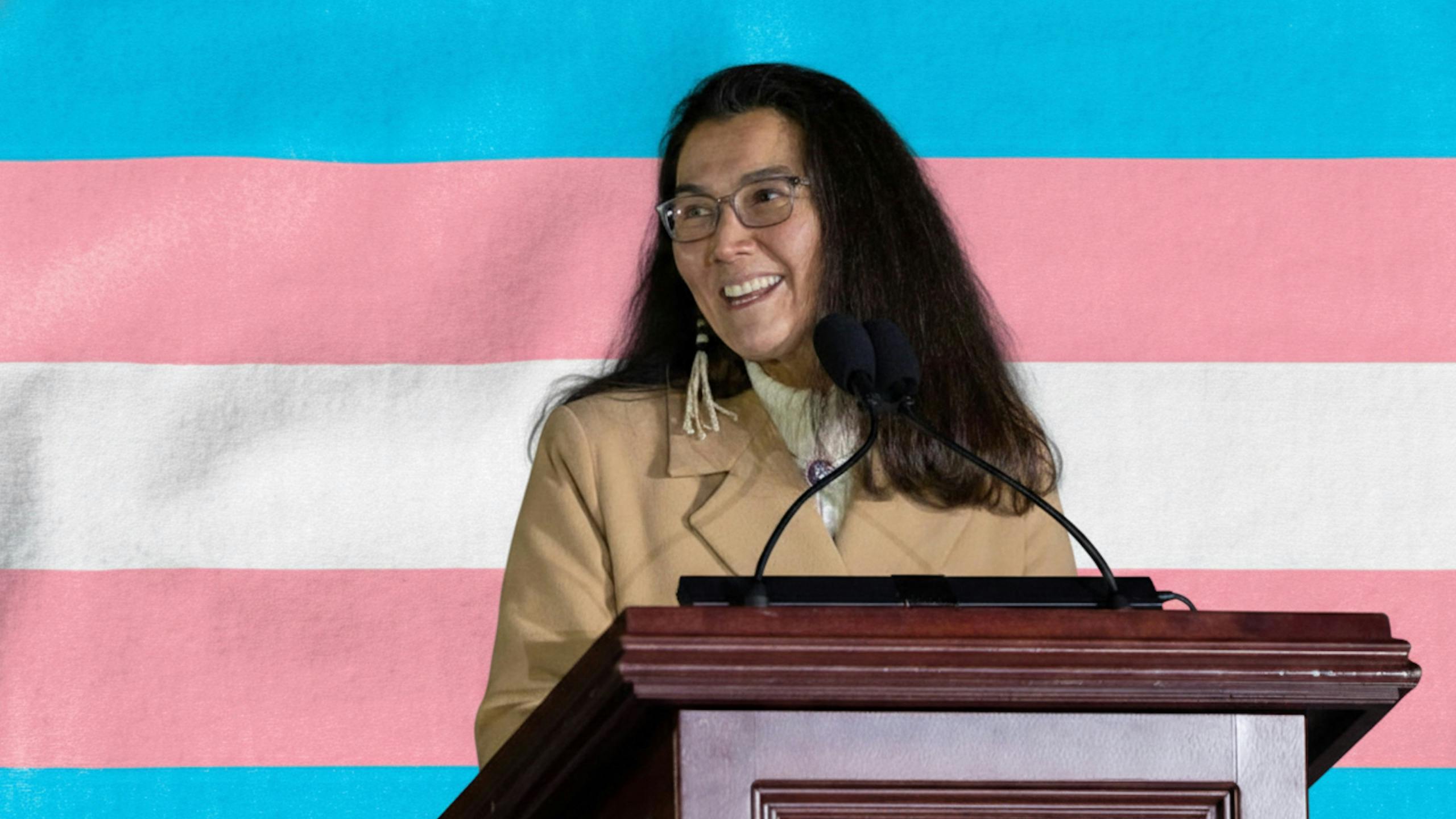Cracker Barrel’s $700 million recipe for disaster
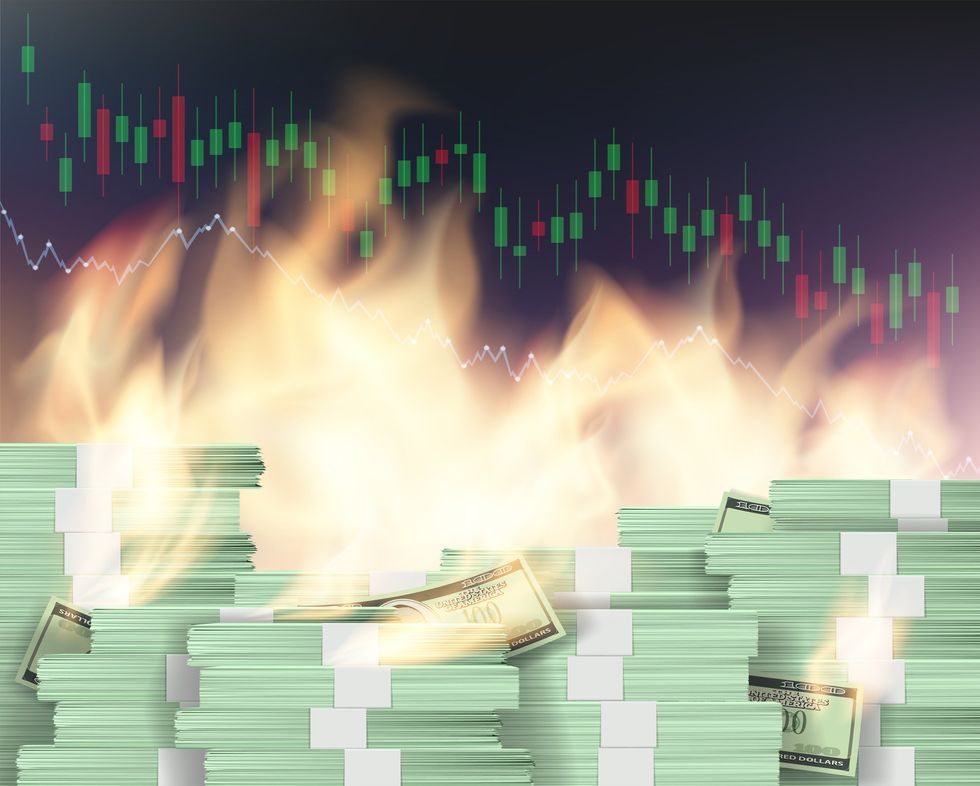

Cracker Barrel thought it could buy loyalty with $700 million and a new look. Instead, it bought itself a revolt.
Live Your Best Retirement
Fun • Funds • Fitness • Freedom
The Tennessee-based chain wasn’t supposed to change. Not like this. The rocking chairs, the country kitsch, Uncle Herschel leaning on a barrel — all of it reassured customers that some part of America still felt the same.
Cracker Barrel had better pay attention. Like Bud Light, it now suffers from a grave, self-inflicted wound that could fester for years.
You always knew what you were getting at the place: coffee in a thick, white mug, biscuits on the table, a place that felt familiar no matter how far from home.
Now, the company is spending a fortune to chase “relevance” and “inclusivity,” and customers know it’s more than biscuits and gravy at stake.
Oh, come on. People are losing their minds over a chain restaurant, for Pete’s sake. Why?
Maybe because people don’t see Cracker Barrel that way. The brand was a promise, and that promise was continuity.
With its new minimalist logo and glossy interiors, the company has traded that sense of belonging for homogenized corporate drivel. In doing so, it may have destroyed what made it matter in the first place.
Innovating into oblivion
Julie Masino, who took over as CEO in 2023, has said bluntly: “We’re just not as relevant as we once were.”
She had reason to worry. Before the pandemic, Cracker Barrel had more than 660 locations and steady traffic. COVID closures, rampant inflation, an obvious decline in food quality, and a sluggish recovery left revenues flat by 2023. Margins tightened, expansion stalled, and a chain once synonymous with dependable growth suddenly looked like it was falling behind.
Masino’s $700 million bet was supposed to stop the slide. It may accelerate it. And the reason should be as obvious as the chunky, black hipster frames perched on Masino’s nose: Customers didn’t come to Cracker Barrel for “relevance” or “innovation” or any other trendy marketing buzzword.
They came for what didn’t change: a road-trip landmark where the food was predictable, the service unpretentious and unhurried, and the atmosphere soaked in nostalgia — as close to “authentic” as a multibillion-dollar corporation can get.
For millions of Americans, Cracker Barrel represented a world that seemed to endure while everything else raced ahead. It was so successful on that score that some people believe the chain is much older than it really is. (It was founded in 1969 by a Shell Oil executive looking to boost service station sales. It doesn’t even rank in the top 15 oldest restaurant chains in the country.)
Not another culture-war fight
Some on the left dismiss the reaction to Cracker Barrel as just more MAGA foot-stomping on social media — the latest culture-war kerfuffle by stuck-in-the-past conservatives. They’re wrong as usual.
Sure, “get woke, go broke,” and all that. It’s true your average Cracker Barrel diehard wasn’t a fan of the rainbow rocking chair post from a couple of Pride Months ago. And the 2022 introduction of Impossible™ breakfast sausage on the menu prompted instant online blowback. But the subsequent “boycott” — if you can call it that — flamed out, and Impossible meat remains on the menu today.
This rebrand is different. A $700 million transformation isn’t a menu experiment. It’s a wholesale attempt to rewrite the chain’s identity — the one thing about Cracker Barrel that didn’t need fixing.
No doubt Masino saw the old Cracker Barrel logo as outdated and hokey. Does she think the flyover hicks she condescends were so clueless they thought it was cutting edge?
Branding or ‘blanding’?
What Masino missed is that sometimes hokey and outdated is good. The rocking chairs out front, the general store kitsch, Uncle Herschel leaning on the barrel — all of these were emblems of comfort and familiarity.
More than that, they represented a promise: After all these years, we still know what’s important to you — and it isn’t the kind of overpriced, out-of-touch “market research” that has ruined so many other brands.
— (@)
On X last week, an AI parody of a “rebranded” Cracker Barrel made the rounds: a soulless glass-and-steel box with the logo hovering above like an afterthought. The joke worked because it could be real. We’ve seen Taco Bell and McDonald’s turn their restaurants into sleek mausoleums for fast food, all dark angles and no soul. Marketers call it “blanding.” Customers call it: I guess we’re eating in a bank lobby now.
Corporate America tells itself that relevance requires reinvention. In practice, it often means severing ties with the traditions that gave a company its identity. Corporate America treats continuity as dead weight, when in fact it’s ballast.
RELATED: Cracker Barrel’s long history of cozying up to left-leaning organizations exposed
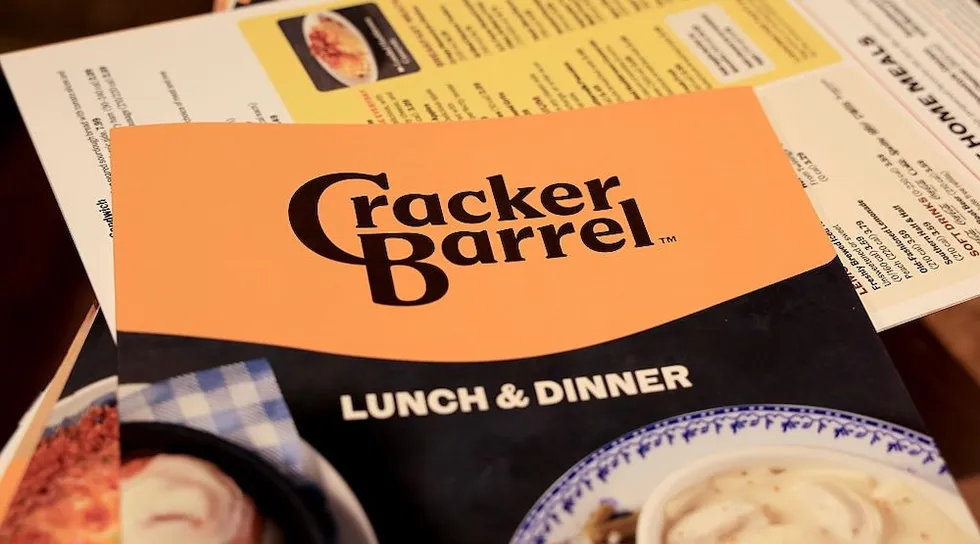 Photo by Joe Raedle/Getty Images
Photo by Joe Raedle/Getty Images
Injury to insult
Corporate America made the same mistake with Bud Light. When Anheuser-Busch partnered with Dylan Mulvaney in 2023, critics scoffed, predicting conservatives would soon move on. Instead, Bud Light went from the best-selling light beer in America to a distant second. It has yet to recover.
The left will say this just goes to show how “transphobic” Bud Light drinkers are. And yes, Mulvaney’s bizarre charade of “girlhood” was deeply disturbing — and deeply irritating. But the more egregious sin of that campaign was its utter, insulting indifference to why consumers valued Bud Light.
Cracker Barrel had better pay attention. This is not another passing squall. Like Bud Light, it now suffers from a grave, self-inflicted wound that could fester for years.
Cracker Barrel has always been in the business of selling hospitality: an unpretentious, unfussy repast that is dependably consistent. It’s not that its customers didn’t know it wasn’t really a humble country store; it’s that those country store trappings promised an effort to make you feel truly welcome — a rarity in today’s data-driven, lowest-common-denominator world.
Strip it all away, and you’re left with the same cynical corporate propaganda — a fake smile that barely conceals a sneer of contempt.
Masino should have seen this coming. All she needed to avoid this disaster was to know her customers. For better or worse, she’s getting to know them now.
Originally Published at Daily Wire, Daily Signal, or The Blaze
What's Your Reaction?
 Like
0
Like
0
 Dislike
0
Dislike
0
 Love
0
Love
0
 Funny
0
Funny
0
 Angry
0
Angry
0
 Sad
0
Sad
0
 Wow
0
Wow
0


